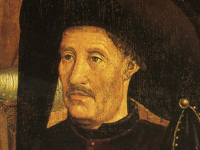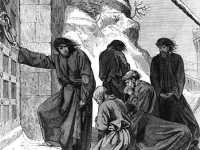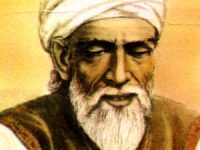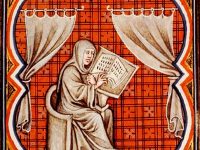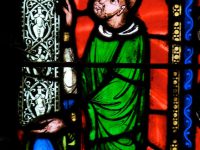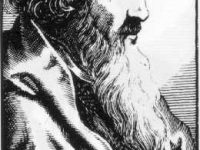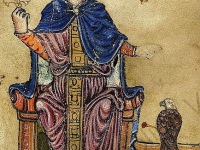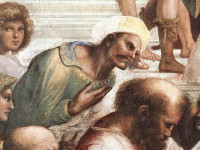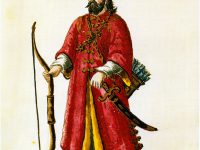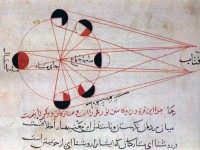Henry the Navigator and the Age of Discoveries
On March 4, 1394, Infante Henry, Duke of Viseu, better known as Henry the Navigator, was born. He was an important figure in the early days of the Portuguese Empire and the Age of Discoveries in total. He was responsible for the early development of European exploration and maritime trade with other continents. Legend or Historical Fact Henry has become a legendary figure, and it is somewhat difficult to disentangle the historical…
Read more

